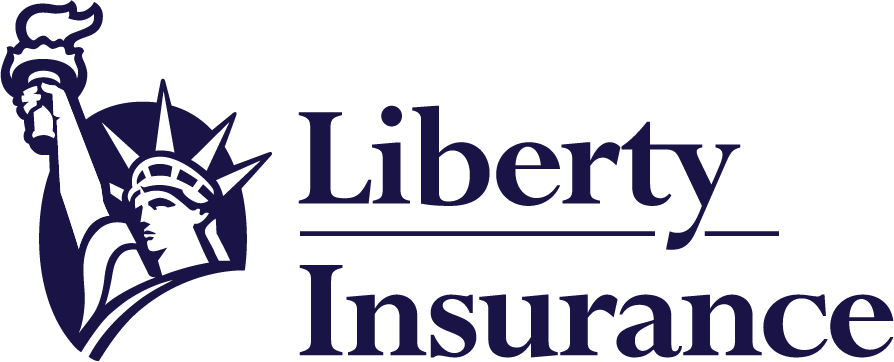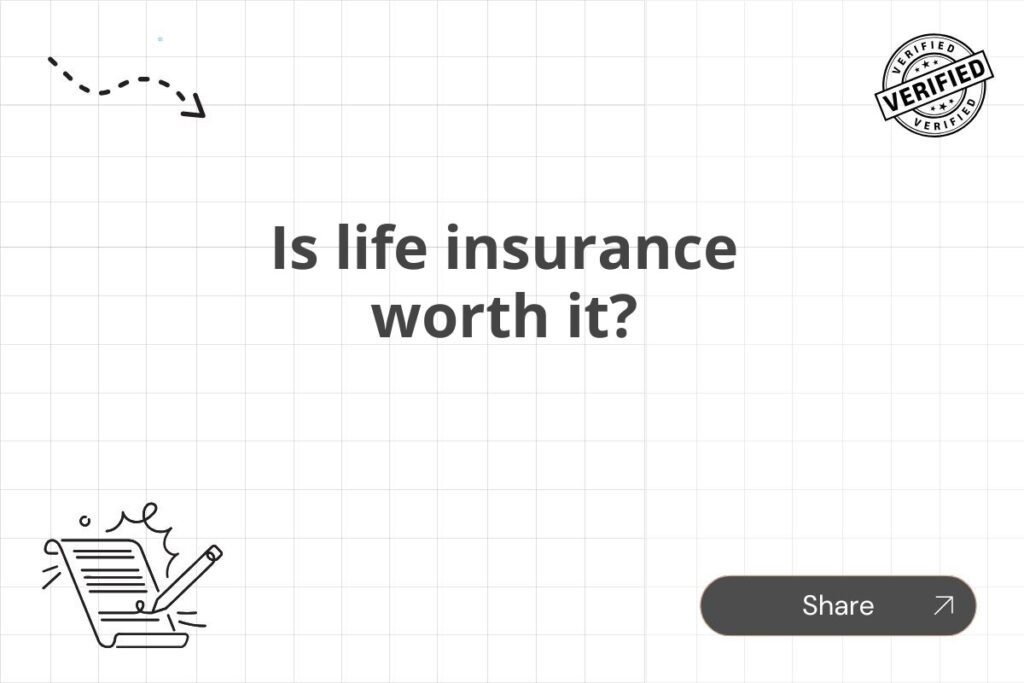Meta Description: Is life insurance worth the cost? This comprehensive guide explores the pros and cons, different types of policies, and helps you determine if life insurance is a worthwhile investment for your unique circumstances. Get expert insights and make an informed decision.
The question, “Is life insurance worth it?” is a common one, and the answer isn’t a simple yes or no. It depends heavily on your individual circumstances, financial situation, and personal goals. While the idea of purchasing a policy might seem daunting, understanding the various types of life insurance and their benefits can help you determine if it’s a worthwhile investment for you and your family.
This comprehensive guide will delve into the nuances of life insurance, helping you navigate the complexities and make an informed decision. We’ll explore the advantages and disadvantages, different policy types, and factors to consider before purchasing a policy. By the end, you’ll have a clearer understanding of whether life insurance is the right choice for your future.
Understanding the Basics of Life Insurance
Life insurance is a contract between you (the policyholder) and an insurance company. In exchange for regular premium payments, the insurance company agrees to pay a designated beneficiary a sum of money (the death benefit) upon your death. The death benefit can provide financial security for your loved ones, helping them cover expenses such as funeral costs, outstanding debts, mortgages, children’s education, and ongoing living expenses.
Types of Life Insurance Policies
There are several types of life insurance policies, each with its own features and benefits. The two main categories are term life insurance and permanent life insurance. Understanding the differences is crucial in deciding which type suits your needs.
Term Life Insurance
Term life insurance provides coverage for a specific period, or “term,” such as 10, 20, or 30 years. If you die within the term, your beneficiary receives the death benefit. If you outlive the term, the policy expires, and you’ll need to renew it or purchase a new policy. Term life insurance is generally more affordable than permanent life insurance, making it a popular choice for those with a specific need for coverage during a particular time, like raising children or paying off a mortgage.
- Advantages: Affordable, straightforward, provides coverage for a specific period.
- Disadvantages: Coverage ends after the term expires, premiums may increase upon renewal (or you may not be able to renew at all).
Permanent Life Insurance
Permanent life insurance provides lifelong coverage, as long as premiums are paid. It also often includes a cash value component that grows over time. This cash value can be borrowed against or withdrawn, although doing so will reduce the death benefit. Permanent life insurance is generally more expensive than term life insurance.
- Types of Permanent Life Insurance:
- Whole Life Insurance: Offers lifelong coverage with a fixed premium and a guaranteed cash value that grows at a fixed rate.
- Universal Life Insurance: Offers flexible premiums and death benefits, allowing you to adjust your coverage and premiums based on your financial situation. The cash value growth is often tied to market performance.
- Variable Universal Life Insurance: Similar to universal life insurance, but allows you to invest your cash value in various subaccounts, offering the potential for higher returns but also greater risk.
- Advantages: Lifelong coverage, cash value accumulation, potential for tax-advantaged growth.
- Disadvantages: More expensive than term life insurance, complex policy features.
Factors to Consider When Deciding if Life Insurance is Worth It
Several key factors influence whether life insurance is a worthwhile investment for you:
- Your Financial Situation: Do you have significant debts, such as a mortgage or student loans? Do you have dependents who rely on your income? If so, life insurance can help protect them financially in the event of your death.
- Your Age and Health: Younger, healthier individuals typically qualify for lower premiums. Your health status plays a significant role in determining your eligibility and premium costs.
- Your Family Circumstances: Do you have children or other dependents? Life insurance can help provide for their future needs if you’re no longer around to provide for them.
- Your Income: Your income level and the financial security it provides should influence your decision. High earners may benefit from higher coverage amounts.
- Your Assets: Do you have significant assets that need protection? Life insurance can provide a safety net for your family or heirs.
- Your Risk Tolerance: Permanent life insurance policies with cash value components involve greater risk. Consider your comfort level with risk before making your decision.
The Pros and Cons of Life Insurance
To help you make an informed decision, let’s weigh the pros and cons of life insurance:
Pros:
- Financial Security for Loved Ones: This is the primary benefit. It provides a safety net for your family in case of your untimely death.
- Debt Coverage: Life insurance can help pay off mortgages, loans, and other debts, preventing financial strain on your family.
- Estate Planning: It can be a valuable tool for estate planning, ensuring your assets are distributed according to your wishes.
- Tax Advantages: In some cases, life insurance death benefits may be tax-free.
- Cash Value Accumulation (Permanent Policies): Permanent life insurance offers the potential for tax-advantaged cash value growth.
Cons:
- Cost: Premiums can be expensive, especially for permanent life insurance.
- Complexity: Understanding the various types of policies and their features can be challenging.
- Potential for Lapses: If you stop paying premiums, your coverage may lapse.
- Investment Risk (Variable Products): Variable life insurance policies have investment risk, meaning the cash value could potentially decline.
Conclusion: Making the Right Decision
Ultimately, whether life insurance is “worth it” is a personal decision. Carefully consider your individual circumstances, financial situation, and long-term goals. Speaking with a qualified financial advisor can provide personalized guidance and help you determine the best type and amount of coverage for your needs. Don’t hesitate to ask questions and thoroughly understand the terms of any policy before committing to a purchase. Choosing the right life insurance policy is a significant decision that can provide peace of mind and financial protection for your loved ones for years to come.






















